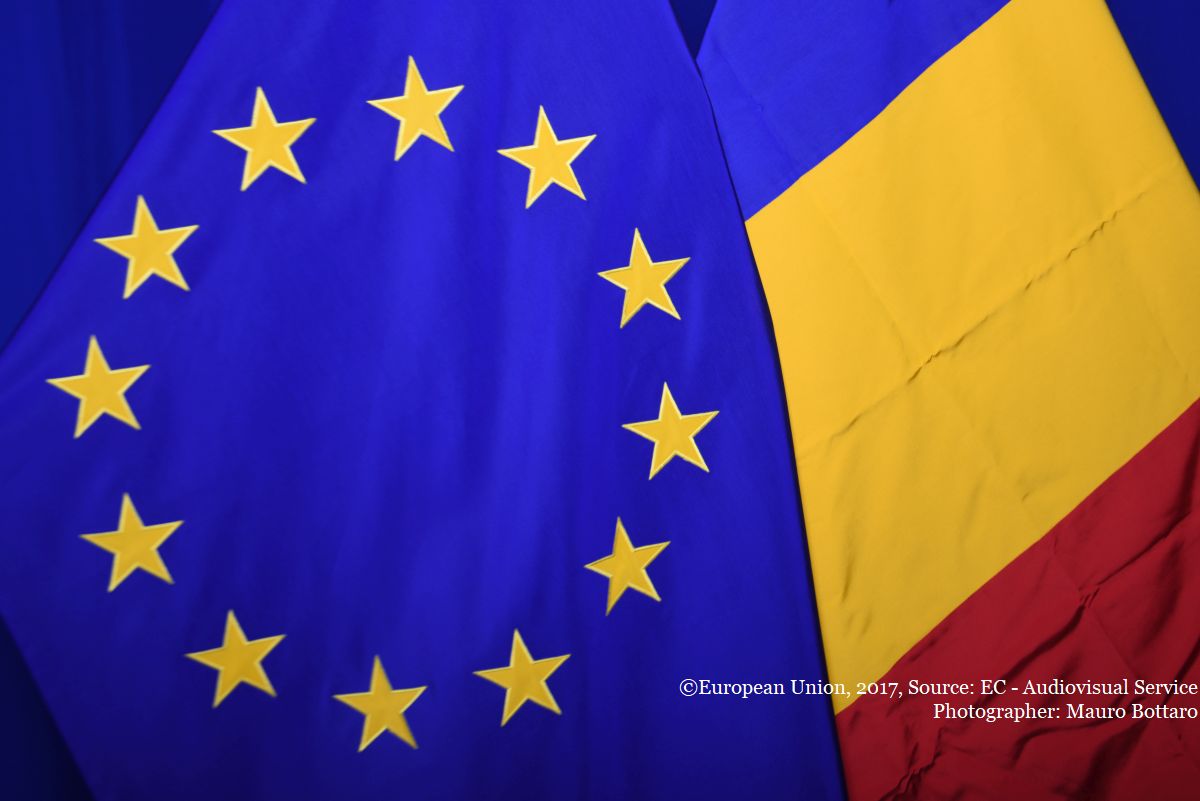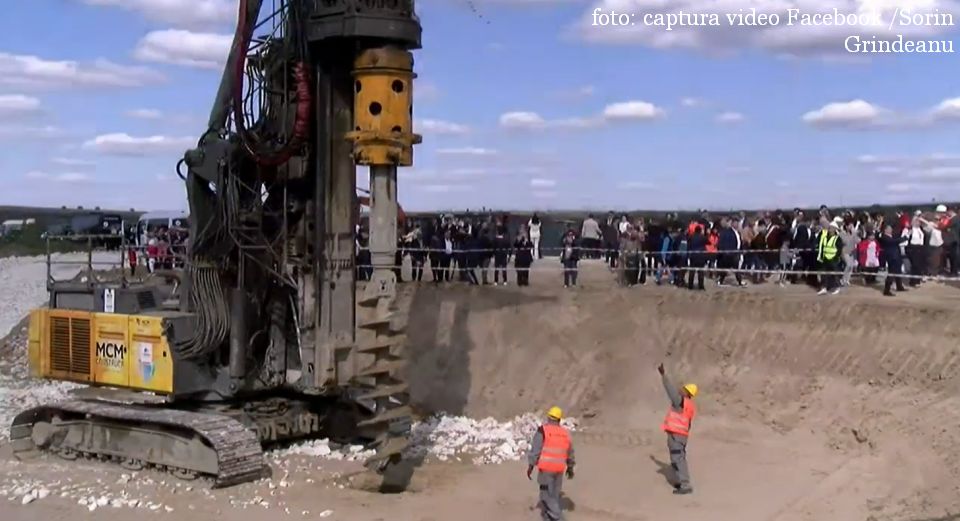Reconciling with the Past
Romanians are still coming to terms with the traumatic heritage of communism.

Bogdan Matei, 27.01.2015, 13:51
Twenty-six years ago to the day, on 26 January 1989, Romania endured for the last time one of the gigantic ceremonies organized to celebrate dictator Nicolae Ceausescu’s birthday. In the other countries behind the Iron Curtain, communist regimes were falling like dominoes, from East Berlin to Sofia, from Budapest to Warsaw. The tyranny in Bucharest, however, defended staunchly by the ferocious Securitate, the political police, seemed impervious to change. The lack of home heating, the food shortages, the fear Romanians lived under, were drowned under the deafening clarions of the propaganda that fed Ceausescu’s cult of personality.
In less than a year, in December 1989, everything was over. Romanians took to the streets, the Securitate opened fire on the demonstrators, then turned tail and abandoned their supreme commander. Ceausescu fled in a helicopter, was captured, summarily tried and executed. This was the end of the almost half a century of communist dictatorship installed here by Soviet occupation troops after WWII.
Hundreds of thousands of Romanians, democrats and nationalists, Orthodox or Catholic, peasants and professors, soldiers and students, workers and priests, had paid for their opposition to the communist regime getting arrested, interrogated and sentenced to long years in brutal jails or death. The toughest repression came in the 1950s, when Ceausescu’s predecessor, Stalinist dictator Gheorghe Gheorghiu-Dej, had to consolidate his regime in a country where, before the war, the Communist Party had less than 1,000 members, and communism was quite unpopular.
In a symbolic gesture, Romania’s new president, the Liberal Klaus Iohannis, visited, on 26 January, the archives of the former political police, kept in the vicinity of Bucharest. According to the president, “the files there hold in their pages countless innocent human lives” and are “a part of the history of Romania.” The National Council for the Study of Securitate Archives, the keeper of the Securitate archives, holds the third largest collection of former communist secret service documents after Germany and Poland, Iohannis emphasized. He pleaded once again for the opening of a Museum of Communism, to contribute to a deeper understanding of recent history and help reconciliation with the past.
Almost 10 years ago, the former president, Traian Basescu, officially condemned the Romanian communist regime as criminal and illegitimate, based on a sizable report issued by experts. The gesture, however important politically, has remained a platonic gesture, unfortunately. Romania has never passed a lustration law, like the Czech Republic and East Germany. With the exception of a few Ceausescu acolytes apprehended after the Revolution and a few torturers, today in their eighties, investigated recently by prosecutors, no one had to answer for the crimes of communism, the most atrocious in the history of Romania.






























